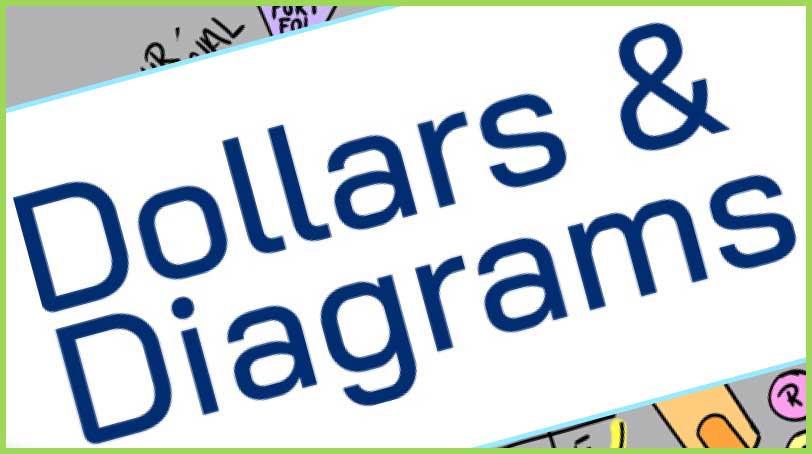Recently, I received the following question:
“Obviously, with Fed rates increasing, things are going to break. With the banking system getting tested and multifamily crashing at some point due to their variable rates, what are your thoughts on the portfolio? With valuations coming down, the market may be flat for a decade compared to inflation in the 70s.”
You may have similar concerns.
According to the Bureau of Labor Statistics, from 1977 to 1982, inflation hit record highs (as measured by CPI).
How did stocks and other assets perform during this period?
Were the stock market returns flat?
During these six years:
- The S&P 500 went from 95.1 to 140.64. +47.89%
- S&P 500 earnings grew from 10.87 to 13.82. +27.14%
- S&P 500 dividends increased from 4.86 to 6.93. +42.59%
Stocks performed well during this period of high inflation, but what about other assets?
- Three-month T-Bills +8.78% annually
- Baa Corporate Bond Index +5.36% annually
- Real Estate Index 6.92% annually
- Gold 18.65% annually
Other assets performed well, but what about today’s stock market valuations?
The S&P 500 had earnings of 219.49 in 2022.
According to Yardeni Research, analysts’ consensus earnings estimates are:
- 221.82 for 2023
- 248.63 for 2024
Even amidst recent headlines, earnings estimates for the S&P 500 are higher than year-end 2022.
Evaluating Recent Events
As I write this message, three banks have failed, and there could be more.
For context, between 2008-2012, the United States closed down 465 banks.
Between 1980 and 1994, 1,617 failed.
How do recent events affect my financial plan?
Hopefully, very little.
Our overarching thesis is this:
- We want to have an emergency fund. We recommend at least $25,000 in cash equivalents.
- We want additional cash to fund any planned major purchases in the next 2-3 years (new car, major vacation, etc).
- If you need income from your portfolio, we recommend keeping five years’ worth of income in “fixed-income” investments. For example, if you need $50,000 per year from your portfolio, we would allocate $250,000 in short-term “fixed-income” investments.
- We invest the rest for long-term growth. Ensure we have a broadly diversified portfolio of low-cost assets. We are proud advocates for ownership in companies (stocks). The long-term historical return is earned through maintaining ownership in periods of volatility.
- Ensure we have protected our family: estate planning documents, life insurance, disability insurance, and long-term care.
Closing Time
Returns in the stock market from day to day and year to year are random.
Even if we could successfully predict the news, we could not predict how the market would react to that news.
Analyst and economic forecasts cannot be consistently relied upon.
We encourage faith in the long-term returns of the market (and your plan), patience, and discipline to see your financial plan to fruition.
Knowing you have a sound financial plan, we hope this message provides confidence.
–Nic & Jeff
We are a full-service financial advisory company that allows you to make a one-page plan for your money and prepare for your future. Learn more about what we do and how we can help you here.
Sources:
https://www.yardeni.com/pub/yriearningsforecast.pdf
https://pages.stern.nyu.edu/~adamodar/New_Home_Page/datafile/histretSP.html
Disclosures:
The opinions voiced in this material are for general information only and are not intended to provide specific advice or recommendations for any individual. To determine which strategies or investments may be suitable for you, consult the appropriate qualified professional prior to making a decision.
All performance referenced is historical and is no guarantee of future results. All indices are unmanaged and may not be invested directly.
Investing includes risks, including fluctuating prices and loss of principal. No strategy assures success or protects against loss.
The economic forecasts outlined in this material may not develop as predicted and there can be no guarantee that strategies promoted will be successful.





